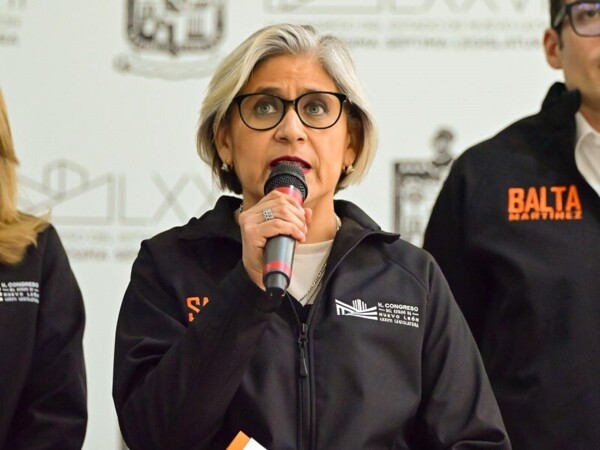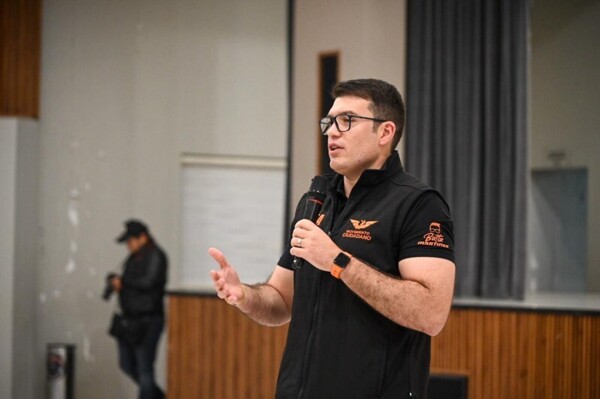
The name of the Gulf of Mexico is an accepted and recognized geographic title due to a solid foundation of history, geography, and international politics. Imagine a scenario where, without consulting experts or presenting evidence, a leader decides to change the name by decree, as happened when it was proposed to call it the Gulf of America. This would not only have symbolic implications but would also challenge fundamental concepts of knowledge and science.
The creation of knowledge is based on the use of the scientific method, which requires evidence, critical review, and well-founded arguments. In contrast, the imposition of unfounded opinions and arbitrary decrees simply distorts reality. That is why it is crucial to encourage citizenship to be informed, participate in discussions, and promote fact-based research.
In a context where control of discourse can be used to manipulate information, legitimize invasions, or shape collective thought, it is imperative for society to demand transparency in decision-making and remain critical of attempts to distort the truth. The "Gulf of America" was not just a name change; it represented an attempt at manipulation that challenged essential principles of knowledge.
History teaches us the importance of tools and methods to avoid subjective opinions and biases, ensuring the veracity of knowledge. Since the 17th century, thinkers like Descartes, Bacon, and Newton promoted reason and evidence as the foundations of knowledge. In a world flooded with misinformation and fake news, it is crucial to think critically and not accept claims without solid foundations.
The defense of knowledge is not the exclusive responsibility of scientists and academics but of society as a whole. Allowing arbitrary changes in reality exposes us to the danger of living in a world where the truth can be manipulated at convenience. Misinformation and manipulation must be collectively fought to protect the integrity of knowledge and prevent reality from being shaped by particular interests.














